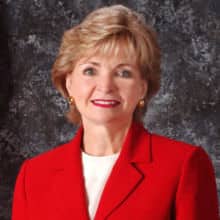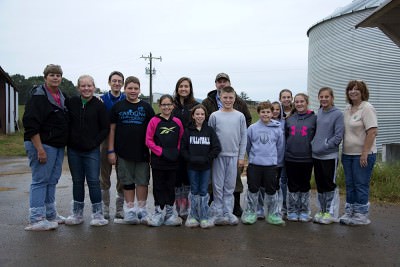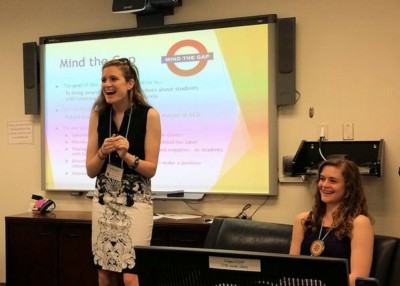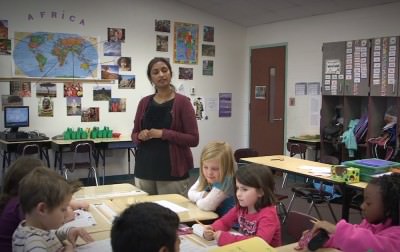This post originally appeared on ncpublicschools.com


These grades provide a quick look at school quality across our state, but looking at the grades is just a first step. Look deeper and you will see interesting trends that verify what many of us have known for years.
Teachers are doing a good job. Many teachers are doing an outstanding job. With approximately 70 percent of our schools showing academic growth at the expected or higher level, you see the value that teachers are bringing to each school day. With a grading formula that heavily values performance and under-values growth, it is hard for schools to earn high grades if their students are behind their peers in preparedness and performance. That is why I would like to see a grading model that values growth and performance equally.
North Carolina has shown a commitment to public school accountability for at least the past 20 years. The new School Performance Grades are the latest chapter. So what have we learned over the years when it comes to improving student achievement, especially schools serving students in poverty?
1. Teacher continuity matters. A high teacher turnover rate is damaging. Ongoing professional development is an important factor in recruiting and retaining quality educators.
2. When more students have access to quality preschool, we are more successful in closing gaps, and reducing the need for exceptional children’s services.
3. We will need a different school calendar if we are to effectively address the summer loss of reading and math achievement. Holding reading camps for 3rd graders is a step in the right direction. I’m grateful to the General Assembly for funding camps for 3rd graders, but this effort needs to be expanded to serve kindergarten, first-, and second-grade students as well.
4. A coherent, planned and individualized system of assistance is what is needed to turn around struggling schools. A little help here and little help there will not get the job done. There are schools that have many low-income students and still earned As, Bs and Cs. These schools tend to be specialty schools, Early Colleges and schools with smaller, specialized learning environments.
5. All students need a support system that addresses physical and emotional needs.
All children can be successful. Some children need more help and more support. All of North Carolina will suffer, not just the children, if we keep grading and talking without taking action.
June St. Clair Atkinson
State Superintendent




